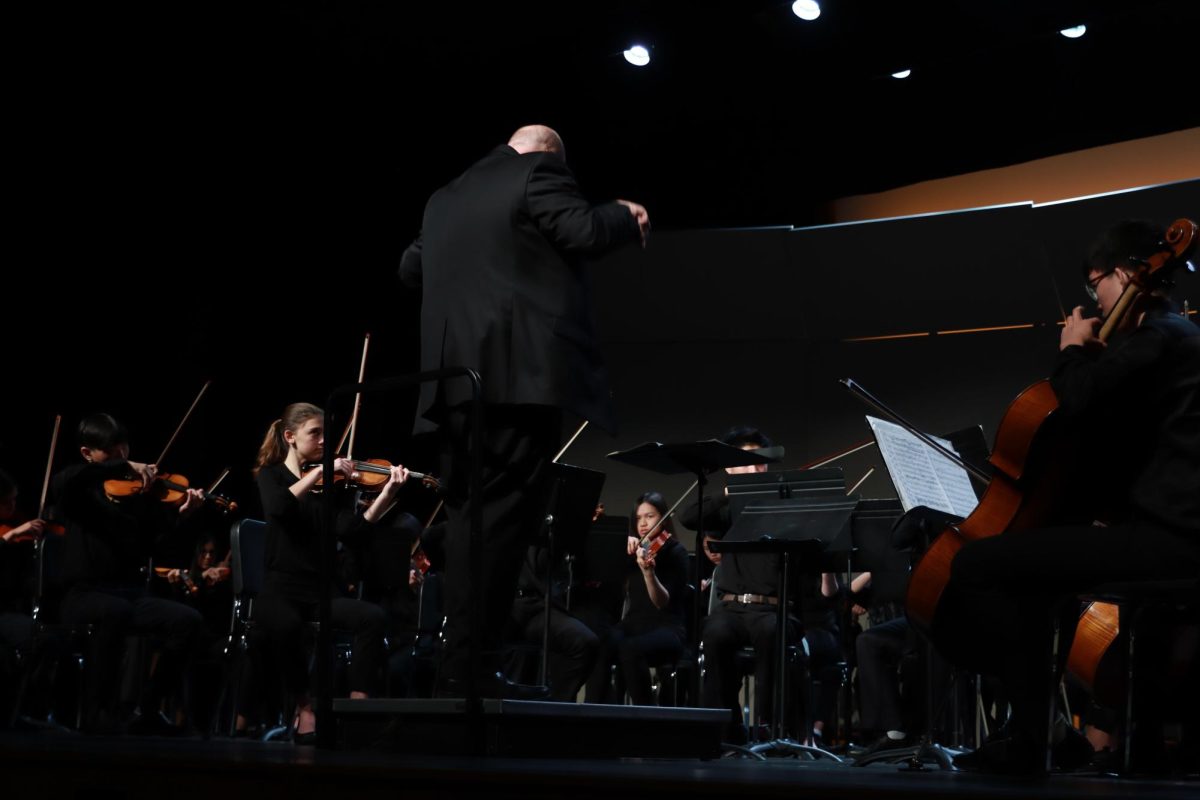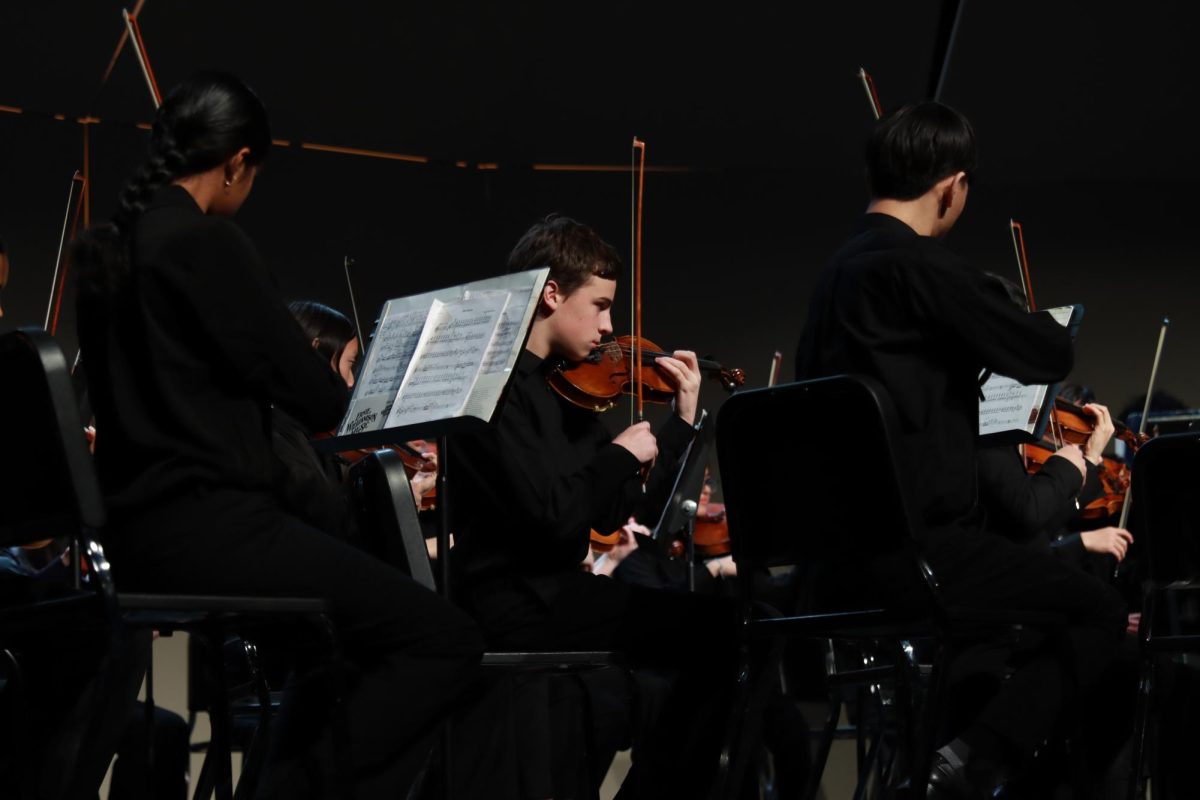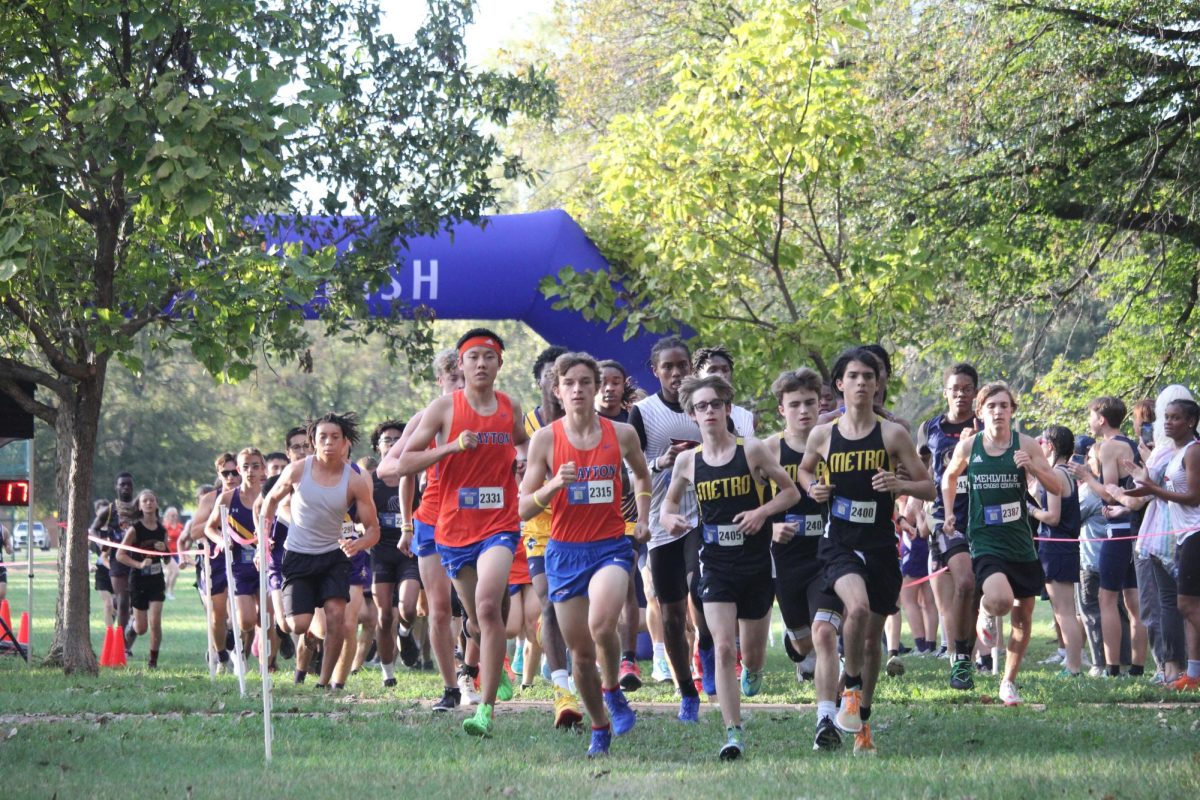When most CHS students are lounging at the pool or wilting in the murderous summer humidity, Paul Hoelscher is travelling the world. Â Â For most of his life, the world history teacher and district social studies coordinator has been living and working in distant locations around the globe. Â He has shivered at eerie relics of the Holocaust and sweated in a dusty village in Tanzania.
With every adventure, he has learned to examine history from different cultures and perspectives. Â These travels have increased his fascination with history, a fascination that he passes onto CHS students every day.
Witnessing the condition of schools in areas like Tanzania, where he taught for two years, has affected Hoelscher’s opinion of CHS.  “The school that I taught had electricity but it barely worked,†he said. “It had no windows, I mean literally no materials. . .  I think the most obvious thing is the gratitude that I have for the amount of resources we have here [at CHS]. We’re literally lacking nothing.â€
Hoelscher also learned that one difference between cultures is the students’ collective attitude towards education.  He spent six months teaching on the Navajo Reservation where the school graduated maybe twenty kids per class.  Out of that twenty, one every two or three years would go to college.
“They didn’t see many people in their lives that had gone to college and had success outside of the reservation,†he said.
This cultural lack of motivation made teaching on the reservation a difficult and depressing effort.  In contrast, students at CHS are “easy to teach. . .  because the vast majority of the kids have bought into… [the idea] that school is going to get them someplace in life,†he said. “People in poverty don’t have that same instant awareness of how a university education will help them.â€
Hoelscher’s experience of studying history in other cultures has altered the way he teaches.  If anything, it has reinforced his opinion that history is not an absolute science.
“Having taught in different places, looked at textbooks published by different companies and having time to absorb multiple perspectives. . . As a historian I think it forces you to think about things differently,†he said.
He recalled his work on the Navajo reservation, where he taught American government to people whose families had been manipulated by the government for generations.
“American history to Native Americans, needless to say is a little bit of a different slant than what the textbook would [say],†he said.
Despite his appreciation for CHS,  Hoelscher admits that Clayton can be an unrealistic environment.  He has noticed that some students can become stuck in a “perennial pursuit for college, jobs and happiness.”
“There are a lot of poor people who don’t worry about that around the world, and they seem a heck of a lot happier,†he said.
But Hoelscher believes that an understanding and appreciation for different cultural beliefs can remedy that.
“I hope that kids get from me a little sense of a curiosity for traveling, for meeting people from different backgrounds,†he said.  “I think part of what history reveals is that there’s a lot out there that we don’t know.â€







